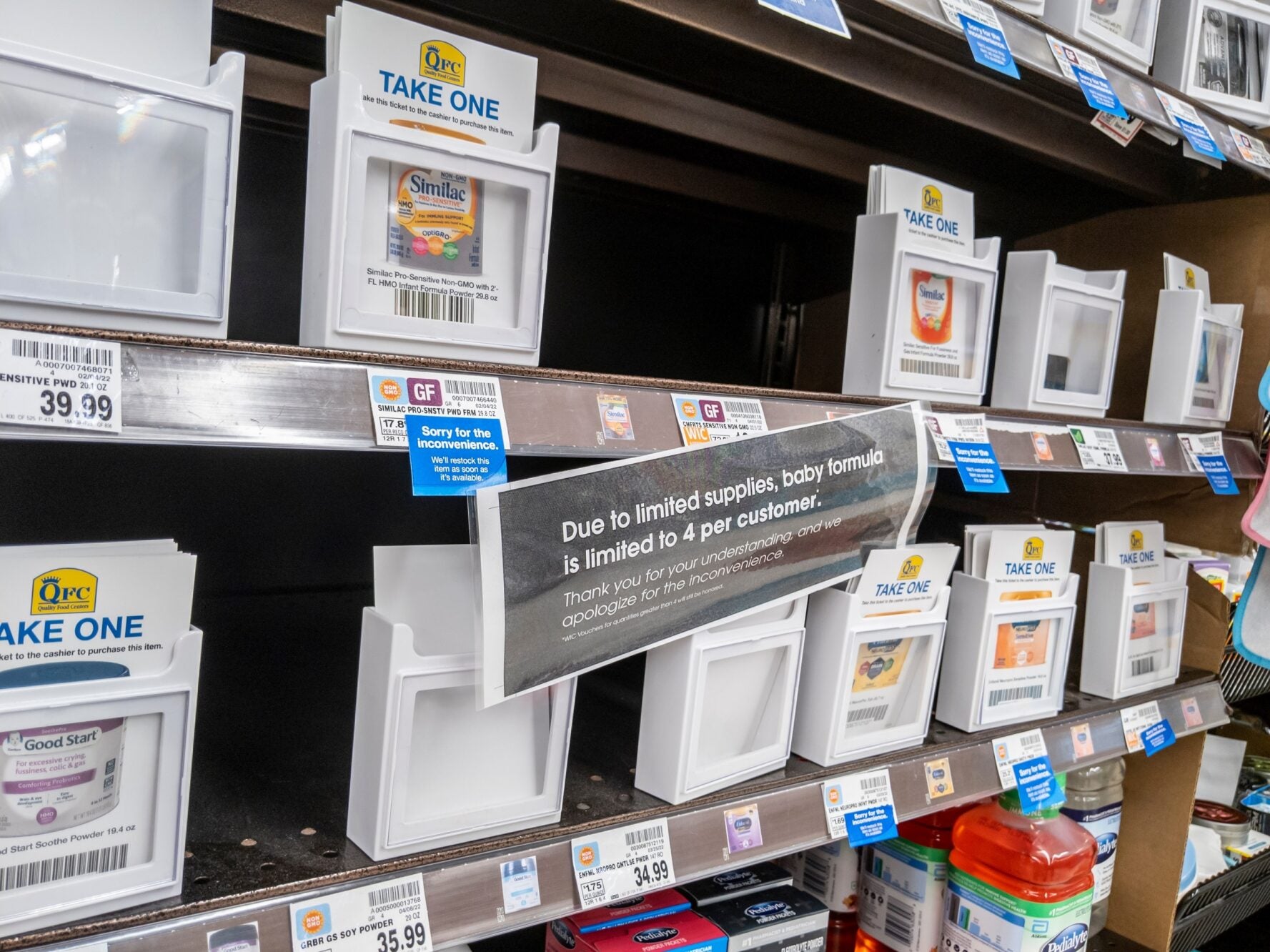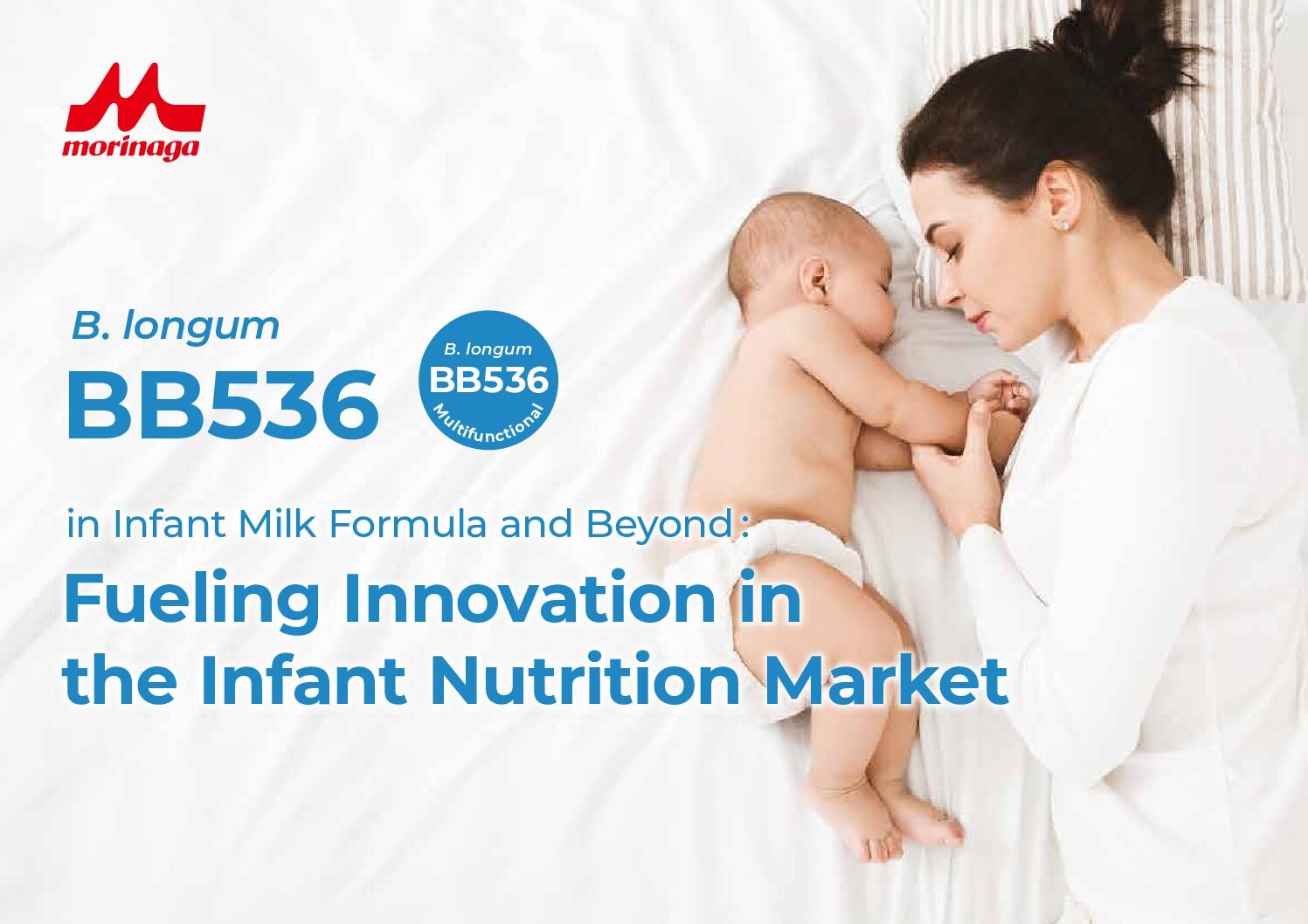
Foreign providers that came to the rescue when the US faced an infant-formula shortage last year are likely to face import tariffs again now that local supplies are getting back up to speed, it is reported.
The Wall Street Journal (WSJ), citing people familiar with the matter, said temporary exemptions put in place during the shortage will expire soon and foreign manufacturers will once again face tariffs of up to 17.5% on products shipped to the US.

US Tariffs are shifting - will you react or anticipate?
Don’t let policy changes catch you off guard. Stay proactive with real-time data and expert analysis.
By GlobalDataThe tariffs were waived to help American families struggling to find formula following supply-chain problems caused by the closure last February of a manufacturing facility in Michigan owned by Abbott Laboratories, the biggest US supplier. It was closed after consumer complaints related to cronobacter sakazakii or salmonella illness from the consumption of products made there.
The WSJ report quoted a White House spokesman as saying the tariff waivers doubled the number of manufacturers selling baby formula in the US with European and Australian companies to the fore.
Millions of cans of emergency supplies were imported from companies including Nestlé and Reckitt Benckiser as the Biden administration invoked emergency measures to facilitate the imports of replacement products from abroad.
Abbott’s plant was re-opened in July but the ripple effects of the closure led experts to call for more diversity in the market.
Last month, a wide-ranging report into the practices, culture and structure of US regulator The Food and Drug Administration (FDA) called for change at the organisation in the wake of the infant-formula shortage.
Some infant-formula manufacturers, including Bubs Australia, have applied to the US regulator for approval to supply products to the country on a permanent basis.
But some US media reports suggest that the country’s dairy industry has lobbied for the re-introduction of import tariffs.







